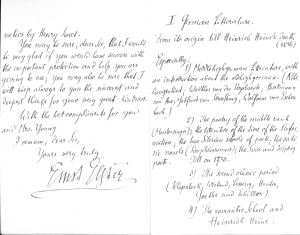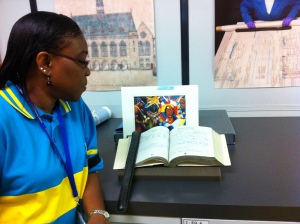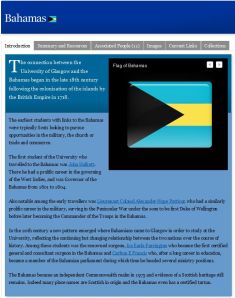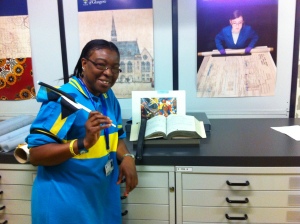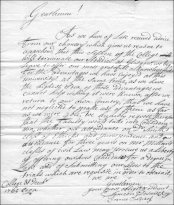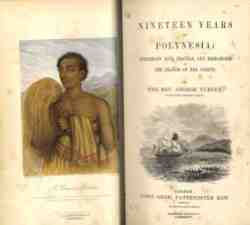Back in September 2013, we warmly received a visit from Professor Rujian Lin of the School of Communication & Information Engineering at Shanghai University, who came to see the University records of his father, Chi Yung Lin, BSc 1924.
Prof Lin kindly sent us a draft of his father’s experiences in Glasgow:
“A Chinese Professor from Shanghai University is Tracking his Father’s Footprint in Glasgow University
Prof Rujian Lin, born in 1939 in Sichuan Province, China is a retired and adjunct professor of Shanghai University in Fiber Optics and Optical Access Networks. He visited Glasgow University in June 2011 and September 2013 to seek and track the footprint of his father, Chi Yung Lin in Glasgow almost 100 years ago.
 Chi Yung Lin was a student at the University of Glasgow in engineering during 1915-1924. While in Glasgow he also studied at Royal Technical College during 1915-1920. In social activities he performed as the Chinese secretary of Glasgow University Sino-Scottish Society in the sessions 1919-1920 and 1920-1921.
Chi Yung Lin was a student at the University of Glasgow in engineering during 1915-1924. While in Glasgow he also studied at Royal Technical College during 1915-1920. In social activities he performed as the Chinese secretary of Glasgow University Sino-Scottish Society in the sessions 1919-1920 and 1920-1921.
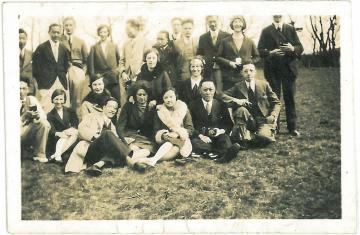
The Sino-Scottish Society session 1925/26 (UP8/9/1)
Besides the study in Glasgow University, Chi Yung Lin worked for Caledonian Railway Company for almost seven years through the ranks of apprentice, technician and at last engineer when Caledonian Railway was absorbed in London, Midland and Scottish Railway in 1923. He left the company and UK in 1925.
Chi Yung Lin’s route to UK was closely linked to the creation of the Republic of China in 1911, when aged 19 as a student soldier he took part in the Wuchang Uprising that led to the Xinhai Revolution. The revolution ended thousands of years of imperial rule in China and signaled the fall of the Qing Dynasty when China’s last emperor Pu Yi was removed from the throne.
Chi Yung Lin, along with over 70 other students, was then selected according to their contribution to the revolution and sent overseas to Europe and North America by the first Chinese President, Sun Yat-Sen. Mr. Lin came to Glasgow to study civil engineering in order to learn the necessary knowledge and skills for constructing China’s railways under the great plan of Sun Yat-Sen.
After finishing his study in the major courses at Royal Technical College he briefly returned to China in 1918 after World War One to report to the Education Ministry of Beijing government, but at that time China was still in turmoil as warlords vied for power, so he came back to Scotland to continue his study at Glasgow University and engineering practice in Caledonian Railway before finally settling back in China in 1925.
After returning to China, Chi Yung Lin worked in various jobs including:
- 1926-1927 Director of Construction Bureau of Chengdu, Sichuan Province
- 1928 Engineer of Railroad Ministry, Chinese government, Nanjing
- 1929-1935 Professor, Head of Civil Engineering Department, Central University of China, Nanjing
- 1936-1937 Chief Engineer of Huai River Conduction Committee, Chinese government, Nanjing
- 1938-1947 Senior Engineer of Construction Bureau of Sichuan Province
- 1948-1952 Professor, Head of Civil Engineering Department, Dean of Engineering College, Sichuan University
- 1953-1962 Professor, Chengdu Engineering Institute
Reviewing Chi Yung Lin’s life in UK and China,his son, Prof. Rujian Lin, is always feeling indebted to universities of UK which educated Chinese students to be intellectual scholars and engineers, giving them the ability to contribute to the China’s re-construction and serve Chinese people. In 10-20’s of last century, among the Chinese students in England and Scotland, Chi Yung Lin had a few closed friends who were Mr. Sze Kwang Li at Birmingham University, Mr. Kho-Seng Lim at Medical College, Edinburgh University and Chong En Lee at Medical College, Glasgow University. They became the famous geologist, physiologist and medical specialist respectively after returning to China. Prof. Rujian Lin sincerely hopes the friendship and professional exchange between universities of China and UK will be developed forever.”
Professor Lin continues to research his father’s experiences and hopes to eventually write a book on early Chinese students who came to the UK for their education.
Glasgow University's Great War Project

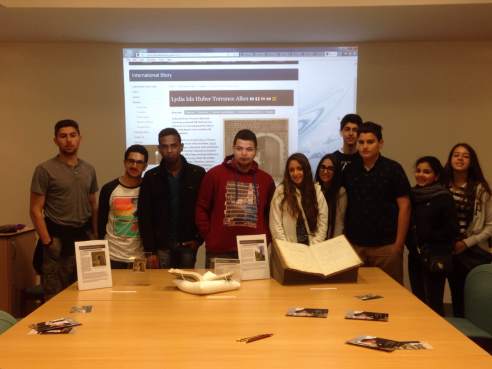
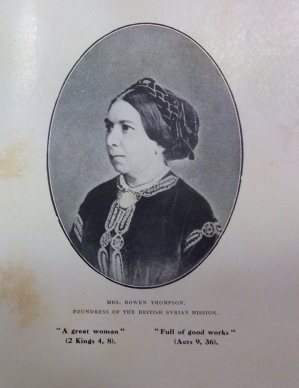
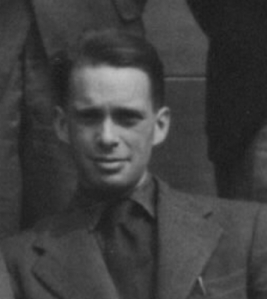

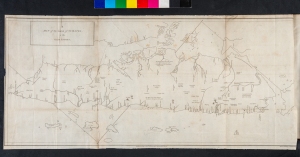
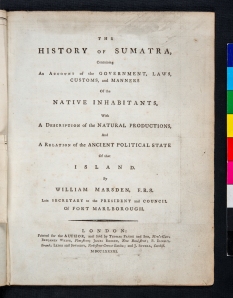

 Chi Yung Lin was a student at the University of Glasgow in engineering during 1915-1924. While in Glasgow he also studied at Royal Technical College during 1915-1920. In social activities he performed as the Chinese secretary of Glasgow University Sino-Scottish Society in the sessions 1919-1920 and 1920-1921.
Chi Yung Lin was a student at the University of Glasgow in engineering during 1915-1924. While in Glasgow he also studied at Royal Technical College during 1915-1920. In social activities he performed as the Chinese secretary of Glasgow University Sino-Scottish Society in the sessions 1919-1920 and 1920-1921.
